Leading with Legacy The Greatest Cricket Captains Who Shaped the Sport
Cricket is more than just a game; it’s a passion that unites millions across the globe. For cricket enthusiasts, sports fans, and leadership aficionados, the role of a cricket captain stands as a beacon of inspiration. A great captain not only excels in strategy and skill but also embodies the essence of leadership, guiding their team to victory and leaving a lasting legacy. In this blog post, we’ll explore the lives and careers of some of the best cricket captains in the world, highlighting their achievements and the qualities that set them apart.
The Role of a Cricket Captain
A cricket captain is the heartbeat of the team. They are responsible for making crucial decisions on the field, strategizing game plans, and maintaining team morale. Unlike other sports, cricket demands a captain who can think on their feet, adapt to changing conditions, and inspire their teammates to perform at their best.
The importance of a captain in cricket cannot be overstated. They are the ones who set the tone for the team, whether it’s through their leadership style, their approach to the game, or their ability to handle pressure. A good captain can turn a losing team into champions, while a poor leader can lead even the most talented squad to failure.
Sir Don Bradman The Epitome of Excellence
Sir Don Bradman, often referred to as “The Don,” is a name that resonates with cricket fans worldwide. Hailing from Australia, Bradman is widely regarded as the greatest batsman of all time. His career batting average of 99.94 is a record that stands unparalleled in the history of the sport.
Bradman’s leadership was marked by his meticulous attention to detail and his unwavering focus on excellence. Under his captaincy, Australia dominated the cricketing world, and his strategic acumen was instrumental in many of their victories. Bradman’s legacy extends beyond his statistical achievements; he set a standard of professionalism and dedication that future generations of cricketers aspire to emulate.
Clive Lloyd The Architect of West Indian Dominance
Clive Lloyd, a towering figure in West Indian cricket, is credited with transforming the West Indies cricket team into a formidable force during the 1970s and 1980s. His leadership was characterized by a blend of tactical brilliance and an ability to unify a diverse group of players from different Caribbean nations.
Lloyd’s tenure as captain saw the West Indies claim two consecutive World Cup titles in 1975 and 1979. His ability to foster team spirit and harness individual talents made him a revered leader. Lloyd’s legacy is not just in the trophies he won but in the way he inspired a generation of cricketers to believe in their potential and strive for greatness.
Imran Khan The Visionary Leader
Imran Khan, Pakistan’s cricketing icon, is celebrated for his visionary leadership and his role in leading Pakistan to their first-ever World Cup victory in 1992. Known for his charisma and determination, Imran was a captain who led by example both on and off the field.
Imran’s leadership was characterized by his ability to motivate his team and instill a sense of belief in their abilities. His strategic insights and fearless approach to the game made him a standout captain. Beyond his cricketing achievements, Imran’s transition from sports to politics as Pakistan’s Prime Minister showcases his exceptional leadership qualities and his commitment to serving his nation.
Read More: Highest Batting Average In ODI Cricket
Steve Waugh The Ice Man
Steve Waugh, a stalwart of Australian cricket, is remembered for his steely resolve and his ability to perform under pressure. Waugh’s captaincy was marked by his unflinching determination and his knack for leading from the front.
Under Waugh’s leadership, Australia enjoyed an era of unprecedented success, including their famous 1999 World Cup win and a record 16 consecutive Test victories. Waugh’s calm demeanor and strategic brilliance made him a respected leader. His ability to remain composed in high-stakes situations earned him the nickname “Ice Man” and solidified his place among cricket’s greatest captains.
MS Dhoni The Master Tactician
Mahendra Singh Dhoni, affectionately known as “Captain Cool,” is hailed as one of India’s most successful cricket captains. Dhoni’s leadership was marked by his tactical genius, his calm under pressure, and his remarkable ability to finish games.
Dhoni’s tenure as captain saw India achieve numerous milestones, including their triumph in the 2007 ICC T20 World Cup, the 2010 and 2016 Asia Cups, and the 2011 ICC Cricket World Cup. His unconventional yet effective decision-making and his knack for staying composed in tense moments made him a beloved leader. Dhoni’s legacy is not just in the trophies he won but in the way he redefined leadership for a new generation of cricketers.
Ricky Ponting The Ruthless Commander
Ricky Ponting, one of Australia’s most celebrated captains, is known for his aggressive approach and uncompromising pursuit of victory. Ponting’s leadership was characterized by his fierce competitiveness and his ability to inspire his team to push their limits.
Ponting’s captaincy saw Australia achieve remarkable success, including back-to-back World Cup victories in 2003 and 2007. His ability to lead by example and his commitment to excellence made him a respected figure in the cricketing world. Ponting’s legacy is not just in the records he set but in the relentless drive he instilled in his team.
Sourav Ganguly The Dada of Indian Cricket
Sourav Ganguly, often referred to as “Dada,” is credited with instilling a sense of aggression and self-belief in the Indian cricket team. Ganguly’s leadership was marked by his bold decisions and his emphasis on building a strong, confident team.
Under Ganguly’s captaincy, India achieved significant milestones, including their famous victory in the 2002 NatWest Series and their resurgence in Test cricket. Ganguly’s ability to back his players and his fearless approach to the game made him a revered leader. His legacy is not just in the matches he won but in the mindset shift he brought to Indian cricket.
Brendon McCullum The Fearless Innovator
Brendon McCullum, the dynamic leader of New Zealand, is celebrated for his fearless and innovative approach to captaincy. McCullum’s leadership was marked by his aggressive batting style and his willingness to take risks.
Under McCullum’s captaincy, New Zealand reached new heights, including their first-ever appearance in a World Cup final in 2015. His ability to think outside the box and inspire his team to play with freedom made him a standout leader. McCullum’s legacy is not just in the records he set but in the positive, attacking brand of cricket he championed.
Eoin Morgan The Modern Strategist
Eoin Morgan, the captain of England’s limited-overs team, is known for his strategic acumen and his ability to adapt to the modern game’s demands. Morgan’s leadership was marked by his calm demeanor and his emphasis on data-driven decision-making.
Under Morgan’s captaincy, England transformed into a formidable limited-overs side, culminating in their historic 2019 ICC Cricket World Cup victory. His ability to foster a culture of innovation and his focus on continuous improvement made him a respected leader. Morgan’s legacy is not just in the trophies he won but in the way he revolutionized England’s approach to white-ball cricket.
Conclusion A Legacy of Leadership
The best cricket captains in the world have left an indelible mark on the sport through their remarkable leadership qualities, strategic brilliance, and unwavering determination. Their legacies inspire not only cricket enthusiasts and sports fans but also leadership aficionados seeking to understand the essence of effective leadership.
From Sir Don Bradman’s unparalleled excellence to Eoin Morgan’s modern strategy, each captain has brought something unique to the game. Their stories remind us that leadership is not just about tactics and strategy but about inspiring others, fostering unity, and leaving a lasting impact.

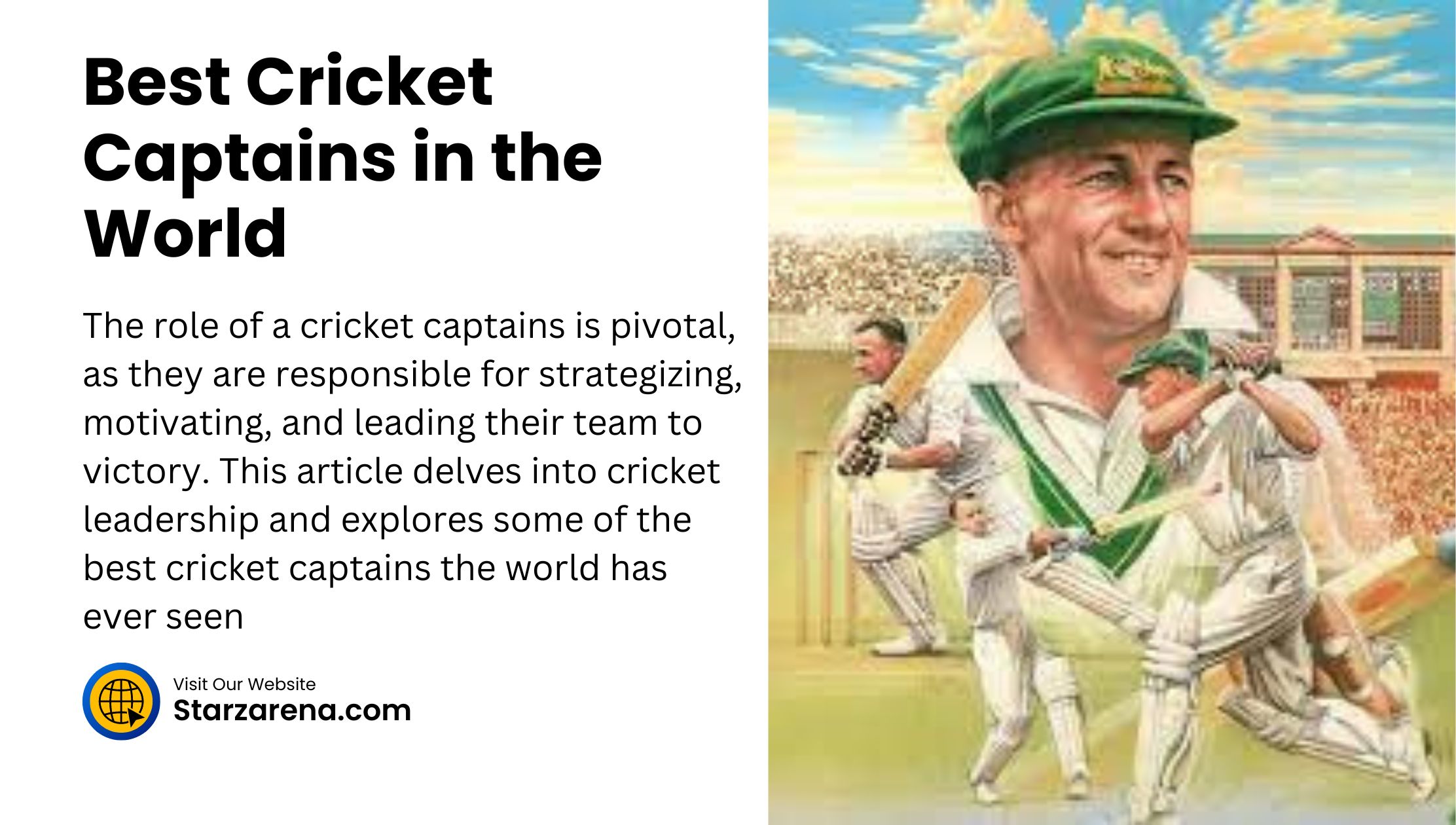
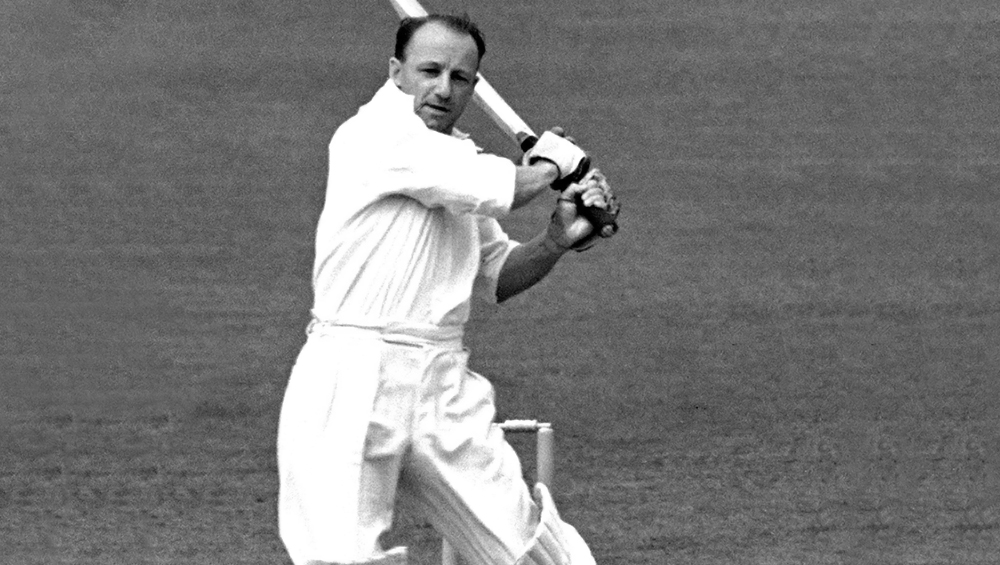
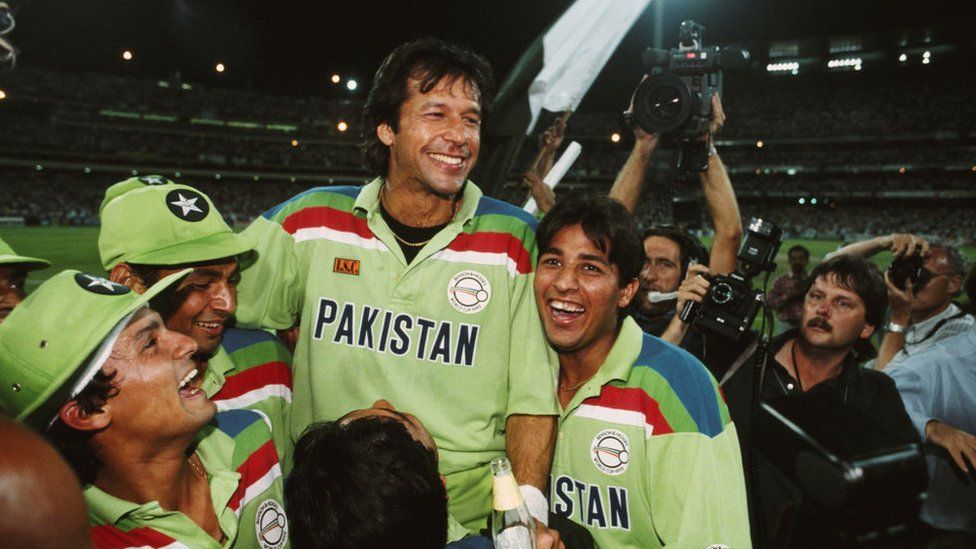
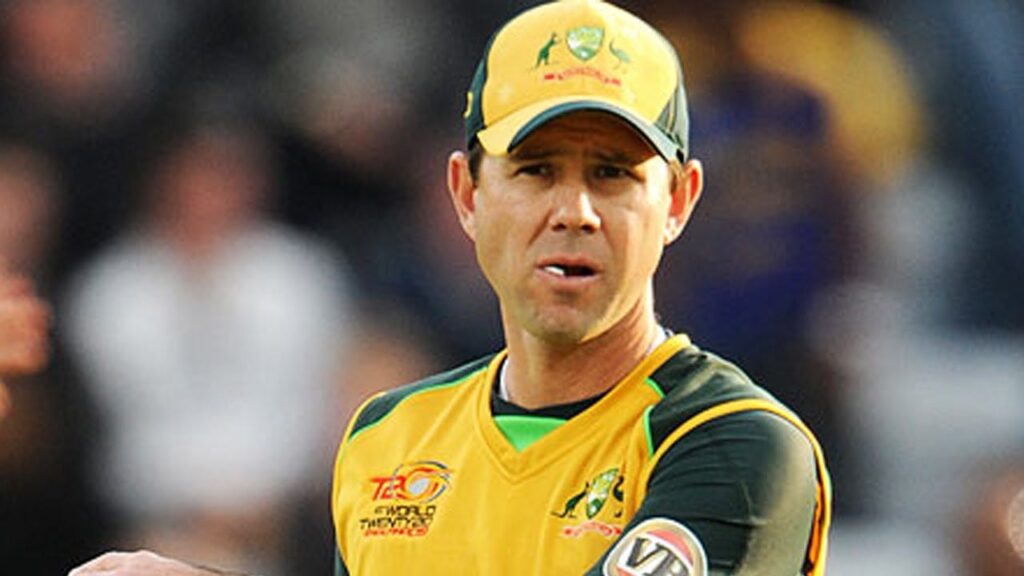
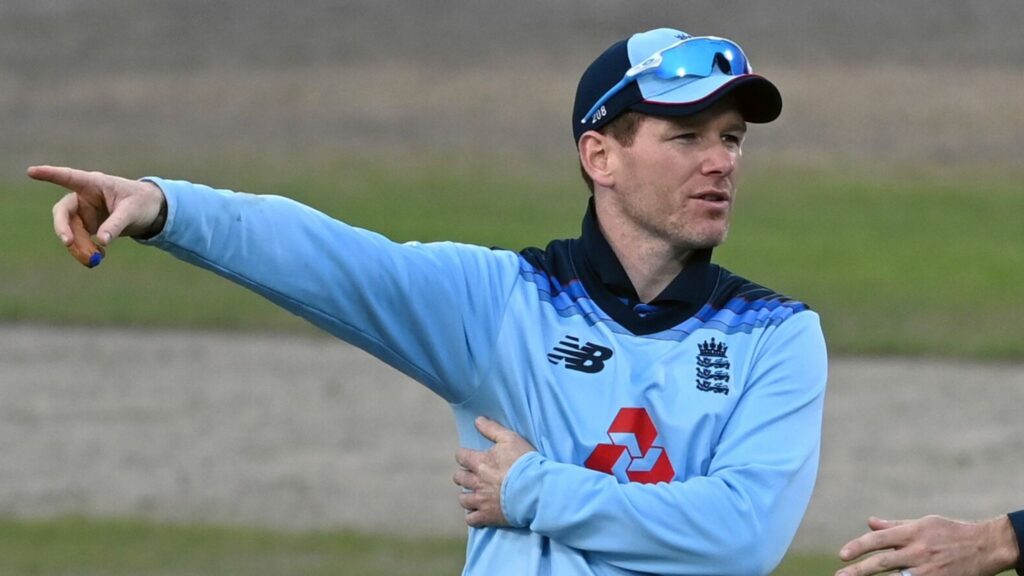
1 thought on “Best Cricket Captains in the World”